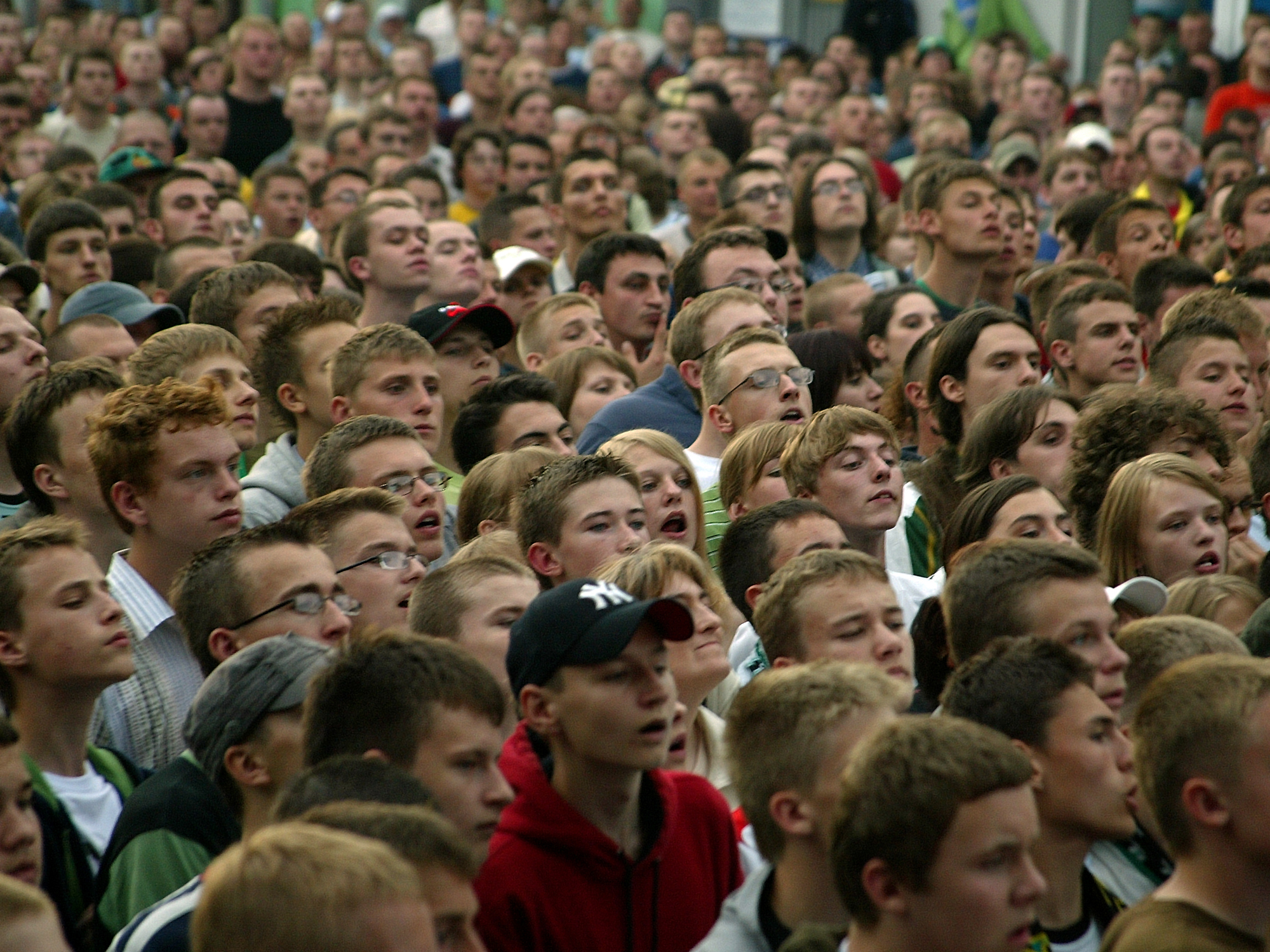Note: this is the seventh part of a weekly series, discussing Seneca’s Moral letters to Lucilius. A new post will be released every Thursday morning (GMT).
In many ways, we are influenced by our environment. Especially the people we surround ourselves with affect us more than we care to admit. This is why Seneca advices us to be careful in our encounters. Virtues and vices can ‘rub off’ on the people around it. The attitude of morally bad people can affect your attitude.
Come now; do you not understand even this truth, that a bad example reacts on the agent?
Now, you might be able to select virtuous individuals to spend your time with, but going in public places is dangerous, so Seneca says. After all, it is (statistically) very likely that there are bad people in large crowds.
To consort with the crowd is harmful; there is no person who does not make some vice attractive to us, or stamp it upon us, or taint us unconsciously therewith. Certainly, the greater the mob with which we mingle, the greater the danger.
Crowds are dangerous for even the best trained men and the greatest philosophers, but they are even more dangerous for untrained minds
The young character, which cannot hold fast to righteousness, must be rescued from the mob; it is too easy to side with the majority. Even Socrates, Cato, and Laelius might have been shaken in their moral strength by a crowd that was unlike them
Have you ever been at a sport events? In a stadium? Have you ever been to a festival or concert? Then you know the power of crowds. The masses of people can physically move you or crush you. And they can also do it mentally. The power of the majority is great and even the power of a few persons of ill wil should not be underestimated. They can scare you, crush you, and influence you for the worse. Moreover, they will probably disturb your mental tranquility. That’s why Seneca advices to stear clear from crowds if we can.
Personally, I think Seneca displays a rather negative world view in this letter. It is certainly true that a few bad characters can affect an entire crowd, but most people are not that bad. In fact, it is my belief that most people are willing to take moral responsibility and are good by nature. Perhaps crowds don’t bring the worse up in people, but have a levelling effect: if some are happy and some are sad, the crowd as a whole is neutral. Big cities often have this neutral atmosphere in them – some say you are anonimized in big cities. At the festivals I’ve been, most people were happy and cheerful. Of course there are incidents, but these do not affect the crowd at large. Therefore, I agree with Seneca that crowds can be dangerous, but I also believe they can be a great place for refuge or even happiness.

